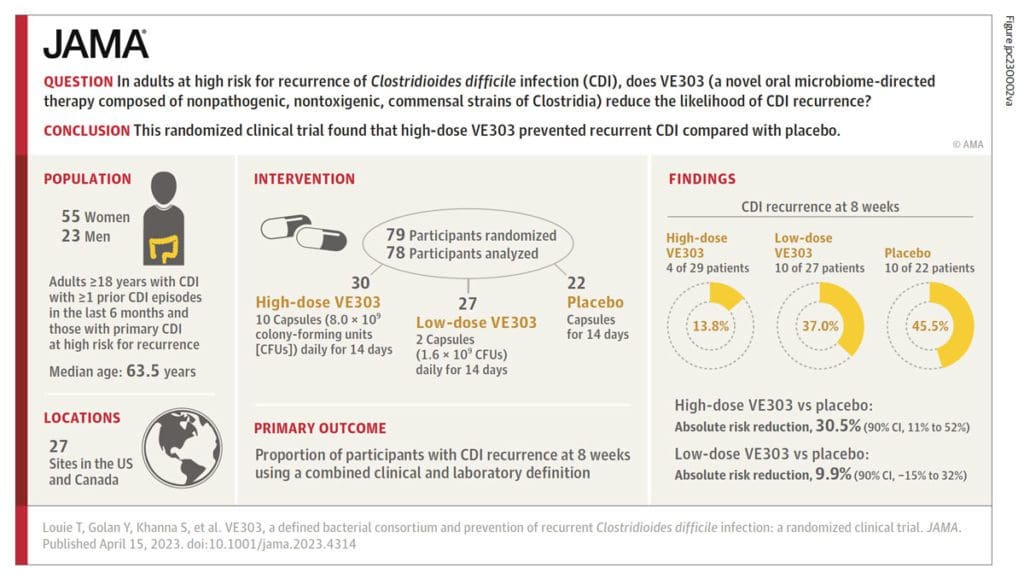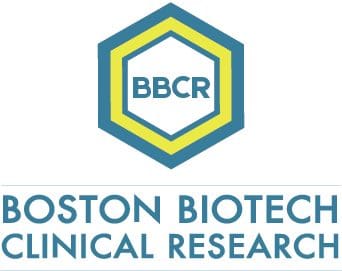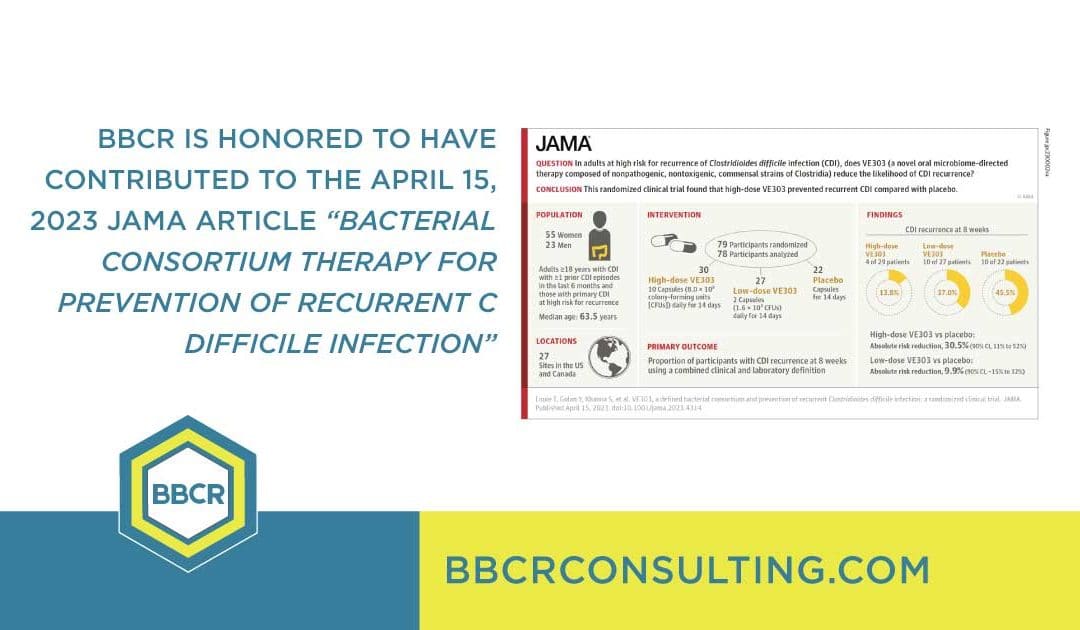The microbiome is the collection of genomes, genes, and gene products of the microbiota living in a given environment, such as a soil patch or the gut of a human being.
While bacteria are the most prominent players, we also host single-celled organisms known as archaea, fungi, viruses, and other microbes – including viruses that attack bacteria. Our gut microbiome changes quickly over our first year or two, shaped by microbes in breast milk, the environment, and other factors, and stabilizes by the time we are about three years old. But our environment, long-term diet, stress, and the drugs we take, such as antibiotics, continue to play a role as we age, meaning our microbiome can change throughout our life. Microbiomes also differ from person to person. Clostridioides difficile infection (CDI) is the most common healthcare‐associated infection in the United States, with ~450,000 infections annually,1,2 associated with direct mortality of 5%, all‐cause mortality of 5% to 20%3,4 and annual healthcare costs of $6.3 billion.5 Antibiotics for treating CDI also target resident commensal gut bacteria (or microbiota). This microbiota disruption constitutes a significant risk factor for CDI recurrences6–8 by creating a favorable environment for C. difficile growth and toxin production and altering the gut metabolite pool.9
I am honored to have contributed to the work published on April 15, 2023, in Jama doi: 10.1001/jama.2023.4314 and summarized in the infographic below.

Specializing in rare disease, Boston Biotech Clinical Research works with biotech, pharmaceutical, device companies and investors to streamline the clinical trial process. Our experienced team helps each client reach their specific goals by customizing a clinical and regulatory road map of simplified programs and streamlined protocols to meet our clients’ requirements.

